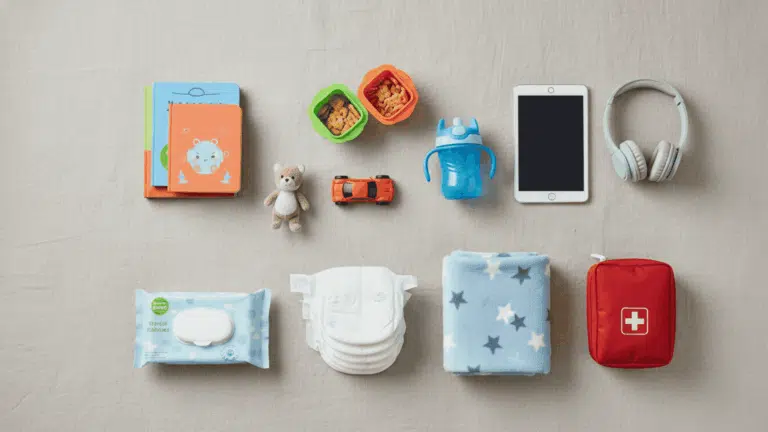Starting a teaching career can be both exciting and challenging. While subject knowledge is important, success in the classroom depends heavily on soft skills. These abilities allow teachers to build meaningful relationships with students, manage their classrooms effectively, and continue growing professionally. Whether you are entering teaching for the first time or transitioning from another career, cultivating these skills can make a significant difference in both your confidence and effectiveness.
1. Communication Skills
Effective communication is one of the most essential skills for any teacher. Being able to express ideas clearly helps students understand lessons and remain engaged throughout the day. Communication also involves listening carefully to students, parents, and colleagues. One practical approach to improving classroom communication is to speak slowly and clearly. Doing so ensures that instructions are understood and that students can process information at their own pace. Developing this habit can prevent misunderstandings, improve student participation, and create a more organized learning environment.
2. Adaptability
Classroom environments are often unpredictable. Lesson plans may not unfold exactly as intended, and students come with diverse learning styles and needs. Adaptability allows teachers to modify their teaching methods, respond to unexpected challenges, and provide tailored support to individual students. Being flexible can also help teachers reduce stress by approaching changes positively rather than viewing them as obstacles. Those who adapt well often find that students are more engaged, and learning outcomes improve when teaching strategies are adjusted to fit the situation.
3. Patience
Patience is a skill every teacher must develop. Students learn at different speeds, and some may need extra time to grasp concepts. Practicing patience encourages students to ask questions without fear of judgment and allows teachers to maintain a calm and measured approach to instruction. Over time, this patience helps teachers build stronger relationships with their students, improves classroom behavior, and fosters an environment where learning is enjoyable rather than stressful. Patience also allows teachers to manage challenging situations with confidence and composure.
4. Empathy
Empathy is the ability to understand and share the feelings of others. In the classroom, empathetic teachers can recognize when students are struggling academically or emotionally. Responding with care and understanding helps students feel supported, which encourages participation and engagement. Empathy also enables teachers to manage conflicts more effectively and create a safe, welcoming learning environment. By modeling empathy, teachers demonstrate social and emotional skills that students can emulate in their own interactions.
5. Organization
Being organized is crucial for teachers who manage multiple responsibilities. From planning lessons and tracking student progress to maintaining classroom materials, strong organizational skills keep everything running smoothly. An organized teacher can create consistent routines that benefit both students and themselves. A well-structured classroom reduces confusion, ensures that lessons run efficiently, and allows teachers to focus on teaching rather than administrative tasks. Organization also helps prevent last-minute stress and makes professional responsibilities more manageable.
6. Problem-Solving

Problem-solving is an everyday necessity in teaching. Challenges may include student behavioral issues, changes in schedules, or adjusting lessons to fit varying abilities. Teachers with strong problem-solving skills can identify practical solutions quickly and maintain a productive classroom atmosphere. Being proactive and creative in resolving issues models effective strategies for students and ensures that learning continues uninterrupted. Developing this skill allows teachers to approach challenges confidently and maintain a positive classroom environment.
7. Collaboration
Collaboration is essential in education. Teachers work with colleagues, parents, and administrators to support student success. New teachers who seek advice, share ideas, and contribute to team efforts often experience faster professional growth. Collaboration provides a support system that is especially valuable in the early years of teaching. Engaging with others also helps teachers improve instructional strategies and implement new approaches that benefit students.
Conclusion
Thriving as a new teacher requires more than academic knowledge. By developing soft skills such as communication, adaptability, patience, empathy, organization, problem-solving, and collaboration, teachers can create a positive classroom environment and make a lasting impact on students. These skills enhance professional success, improve student engagement, and make teaching a rewarding and sustainable career. Focusing on these abilities ensures that new teachers are prepared to meet challenges confidently while fostering a supportive and effective learning environment.















